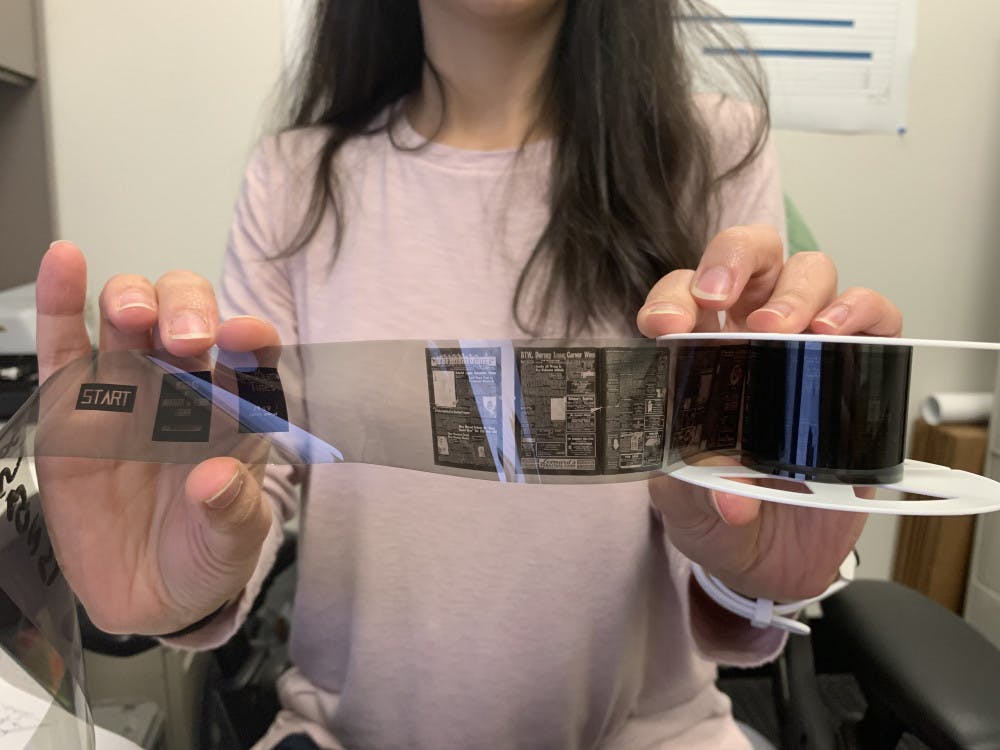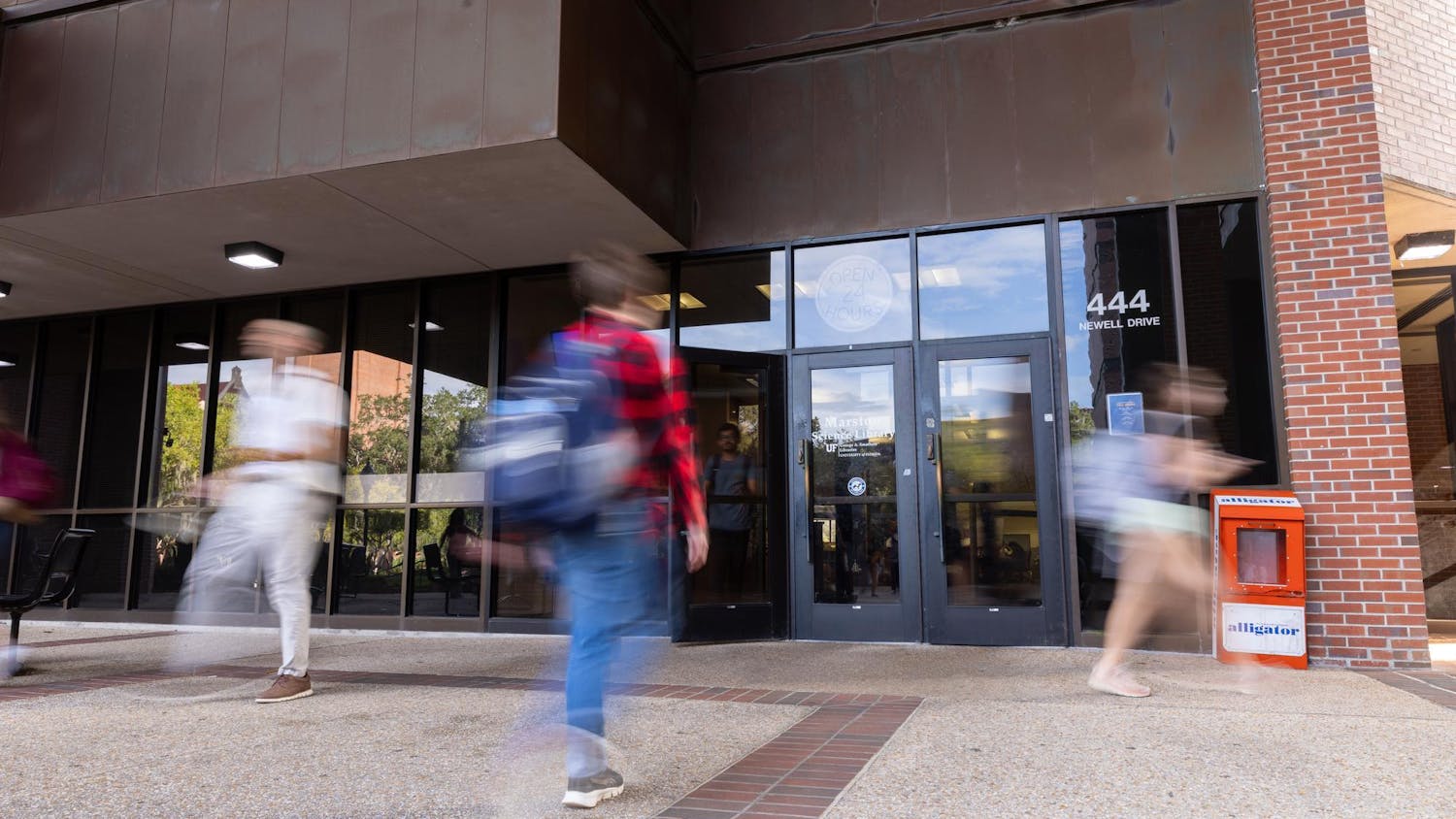UF’s George A. Smathers libraries announced a rebranding of their $1.2 million newspaper digitization project, The Florida and Puerto Rico Digital Newspaper Project (FPRDNP), Wednesday across their social media accounts.
The project will now be called the U.S. Caribbean & Ethnic Florida Newspaper Project (USCEFNP) and will expand the scope of the project to include newspapers published in the Virgin Islands, according to a press release. It will also continue efforts to digitize newspapers in Florida and Puerto Rico, with a focus on ethnic newspapers in Florida.
The project will be funded by a $309,000 award from the National Endowment for the Humanities (NEH), which also gave UF $923,000 to fund the FPRDNP, and will run until Aug. 31, 2021, said project coordinator Melissa Jerome. UF will work alongside the University of Puerto Rico-Río Piedras and the University of the Virgin Islands to digitize 100,000 pages of historic newspapers.
The FPRDNP started in 2013 and ended in September last year. UF libraries worked with the University of Puerto Rico-Río Piedras to make over 300,000 pages of newspapers from 14 Florida publications and four Puerto Rican titles accessible online, Jerome said.
Through this project, past issues of The Alligator dating back to 1912 were digitized.
Both projects are branches of a larger project being executed at the national level by the NEH and the Library of Congress called the National Digital Newspaper Project, she said. The project designates one institution from each state to participate, and UF represents Florida.
The newspapers are digitized through a process that converts them to online files from small rolls of film called microfilm, Jerome said. An advisory board helps decide which papers are significant enough to be digitized and evaluates them on criteria including historical significance and rareness.
“We do get a lot of suggestions from the community,” she said, “So we try to keep that in mind, too.”
The files are then uploaded to a website created and maintained by the Library of Congress: chroniclingamerica.loc.gov.
“The accessibility piece is big,” she said. “They’re being digitized, and then they’re being put on this open-access website where there is not a fee. There will never be a fee — as long as you have internet, you can access it from anywhere.”
Jerome said she thinks that this project will benefit everyone but is especially significant for historians, genealogists and educators.
April Hines, the librarian for the College of Journalism and Communications, said she spends a lot of time referencing historical newspapers in order to help students do research. She said it’s a big deal when these newspapers get digitized, especially if they’re smaller publications that represent an underserved community.
“It opens up a whole new world of research,” Hines said.
Any Florida or Puerto Rican newspaper published between 1690 and 1963 is eligible to be digitized, but Jerome said that the amount of content published after 1922 is small because of copyright issues and a cutoff date of 1963, enacted only three years ago.
She said that in the coming years the amount of content available post-1922 will increase significantly, which is “huge.”
“There’s something I like to call the black hole of digital newspaper access,” said Hines, as she explained that digital access to newspapers after 1922 and before the ‘80s can be extremely limited, and that the work that the USCEFNP will do to increase access to those publications would open up a lot of possibilities for research.
“People don’t always realize how hard [old papers are] to find,” she said.
Contact Kaelyn Cassidy at kcassidy@alligator.org. Follow her on Twitter at @kaelyn_cassidy.






